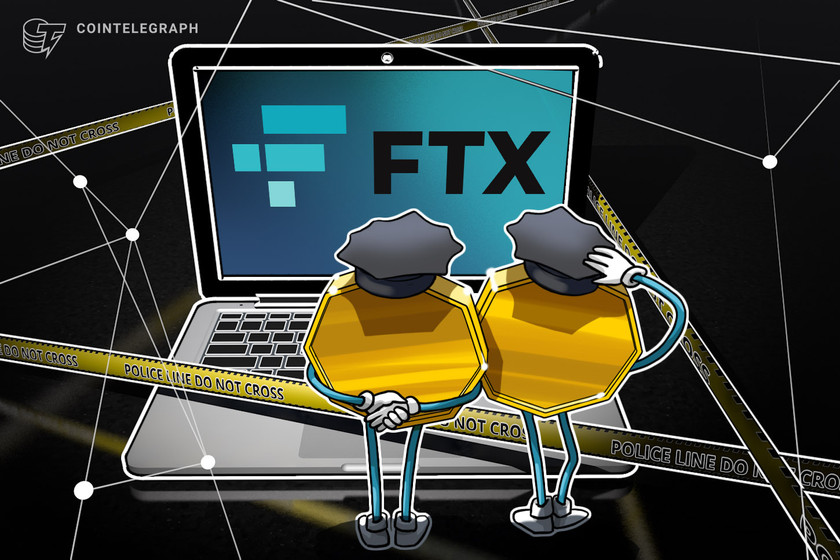FTX meltdown triggers FINRA into probing crypto comms


The examination comes in the wake of the FTX debacle, a crypto exchange found to be mismanaging customers’ funds by simply lying about their operations.
The Financial Industry Regulatory Authority (FINRA), the American self-regulatory organization, has launched an examination into the firm’s retail communications concerning crypto products and services offered by them.
The regulatory body, in an official notice, announced that it is launching a targeted exam on firms on how they handled retail communications between July 1 and the end of September. The decision to examine crypto-related retail communications comes in the wake of the collapse of the FTX crypto exchange.
Any written (including electronic) message that is issued or made available to more than 25 retail investors within any 30-day period is referred to as a “retail communication” according to FINRA. It also applies to video, social media, mobile apps and websites in addition to writing communications.
In its exam notice, FINRA asked firms to provide additional information for each individual communication, such as the date it was first made public, whether it was filed with FINRA’s advertising regulation department, whether a principal at the firm approved the communication and identifying the crypto assets or services mentioned in the communication.
In addition to any relevant compliance rules or materials, FINRA has requested that firms submit written supervisory procedures for the “examination, approval, record-keeping and dissemination” of the communications. It also requested information on any contracts made with affiliates on the production or distribution of the messages, as well as any knowledge such affiliates might have regarding the target audience.
The probe began on Nov. 14 with an aim to investigate whether any of the retail crypto products or services were falsely advertised. At the peak of the crypto bull run, crypto advertisements became the flavor of many brands and celebrities. Crypto ads ruled the Super Bowl 2022 as well, with FTX being one of the most talked about ads at the time.
Related: Thailand SEC to apply strict guidelines for crypto ads
The flood of advertisements became a big concern for regulators given the majority of these advertisements didn’t adhere to any advertisement standards and often hid the risks associated with crypto investments while glorifying the high returns.
Many celebrities like Tom Brady, Larry David and Steph Curry, who were brand ambassadors for the FTX crypto exchange, are facing a class-action lawsuit. The lawsuit alleged that celebrities advertised FTX’s fraudulent scheme that was designed to take advantage of unsophisticated investors from across the country.
At the start of the year, authorities in the United Kingdom, Singapore and Spain tightened the requirements around crypto firms’ marketing messaging and customer recruitment practices. Many other countries and global brands have also imposed restrictions on crypto advertisements amid market turmoil.







